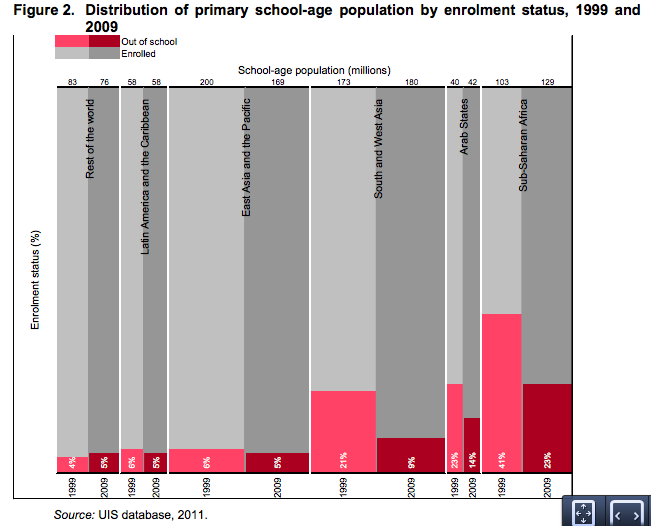Uruguay continues to be a world leader in OLPC deployments. Today they become the first country in the world to receive the production run of the newest low-power XO-1.75, perhaps the lowest power laptop in the world.
Today at the 2012 Annual Meeting of the Inter-American Development Bank, OLPC and Plan Ceibal announced Uruguay will be the first country to receive the newest low-power model of the XO laptop. Uruguay began working with OLPC in 2007 and by mid-2010 achieved complete laptop saturation, providing XO’s to all 570,000 primary school children in the country. The project recently ordered 60,000 XO 1.75’s in order to take advantage of the many breakthrough hardware and software features in the new model.
“We are deeply committed to making One Laptop a Child a reality for all our children because we believe that digital fluency is essential to a 21st century education,†said Miguel Brechner, Director of the Technological Laboratory of Uruguay and in charge of Plan Ceibal. “The XO laptop empowers children by allowing them to explore the world, be creative, learn by doing and collaborate and share with their classmates and communities.â€
During its 2012 Annual Meeting in Montevideo, representatives from the Inter-American Development Bank will visit several schools to see how children and teachers are integrating XO laptops into their classrooms. The XO 1.75 provides significant advances in technology that reduce power consumption and make the laptop more rugged for children’s use. This is the first laptop from OLPC to incorporate an ARM-based processor from Marvell, which has collaborated closely with One Laptop per Child on technology development.
The Marvell Armada 610 processor in the XO 1.75 uses very low power, 4 Watts when in use and 200 milliWatts when idle — which is a quarter of the power consumption of most processors on the market. Power consumption is a major challenge for laptop deployments in remote and rural regions where electricity is scarce or non-existent.
The XO 1.75 will also feature a new operating system release with the newest version of the Sugar learning environment. Developed under OLPC’s leadership with contributions from the Sugar Labs and the global Sugar development community, the new version of Sugar includes significant improvements in usability, performance and easier self-discovery of how Sugar works.
“We salute Plan Ceibal for its leadership in providing all Uruguayan children access to a modern education,” said Rodrigo Arboleda, Chairman and CEO of the One Laptop per Child Association. “Uruguay is a great example of a well-planned, well-executed deployment that is having a positive impact on children’s educational development.”

